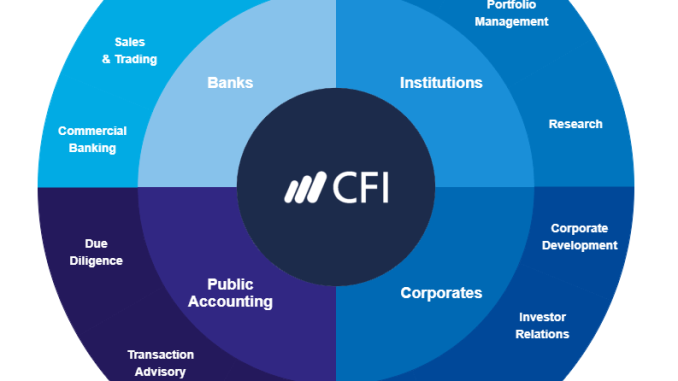

As mentioned earlier, investment banks have been in operation for several years now. This is the reason why, for many years, they have been involved with almost any deal which includes large sums of money. The operations of investment banks have become very diverse over the years. This is the reason that investment banks are best described by explaining their various divisions.
For the external world, the investment bank may be one organization. However, internally, the investment bank is made up of several smaller organizational units. Each of these units plays a vital part in the growth of the entire organization. When the heads of investment banking talk about the performance of investment banks, they often mention the various departments as well.
In this article, we will have a closer look at the components of investment banks.
Front Office: The front office is the most visible part of the investment bank. This is the department which is in charge of finding new clients. Investment bankers are often known for having extensive information networks in the industry they operate. This is the reason that they get prior knowledge of any impending mergers, acquisitions, buyouts, or other opportunities to raise capital. Investment bankers often stay in touch with the top finance officials of companies so as to be able to pitch important opportunities to them.
The front office of investment banks also provides buy-side as well as sell-side services to large investors. This is because many times, treasury departments of big companies have excess money which they need to invest. The finance departments of these companies are constantly in touch with the front office of investment banks so as to take advantage of any opportunity whenever it arises. Since this part of investment banks is largely sales-driven, companies often employ people with extensive sales skills here.
Middle Office: The middle office of an investment bank is like a laboratory. This is where all the financial experiments are done. The middle office creates many financial instruments that are then used in the open market. Financial instruments like complex derivates are designed here. Also, instruments like mortgage-backed securities and credit default swaps were designed here. The concept of tranching in order to enhance the credit of underlying securities was also developed here.
The middle office is constantly in touch with the front office in order to understand the needs of the clients. Based on these needs, they design products that meet the stated risk-return profile. These products are used by front office investment bankers to sell over the counter as well as standardized products. This is the part where financial innovation takes place. Hence, investment banks are known for hiring people with advanced math degrees and quantitative skills.
Back Office: The back office is the part of the investment bank where administrative tasks related to trades are done. This part of the bank is engaged in settlement and clearing of the trades being undertaken by the front office. They are also engaged in record maintenance as well as internal accounting of the firm. The back office also does important tasks such as ensuring regulatory compliance with various laws. Lastly, the back office also does the important work of preparing presentations for the meetings where the front office is taking part. Investment banks generally employ people with advanced degrees in corporate law as well as corporate accounting in this part of the organization.
It is important to note that over a period of time, a lot of investment banking jobs have been outsourced. In many advanced countries, only the front office jobs still remain. The middle office and back office have been sent to the developing countries where they can be done for a lower price.
Proprietary Trading: It is also important to note that there is often a department within the investment bank that does not deal with any external parties. Investment banks are often cash-rich bodies since they generate huge amounts of cash from their operations. They, too, need to invest this money in various securities. They often have proprietary trading desks wherein they employ a bunch of traders and equity research analysts. In the recent past, investment banks have also been in the news for the use of high-frequency trading.
Investment banks have been increasingly turning towards technology in order to manage their operations better. This includes the use of bots. There have been some cases where investment banks have been infamously blamed for algorithmic trading, which has crashed the entire market. Other scandals have also taken place wherein investment banks have co-located to the location of the exchange. This has been done in order to obtain information faster than their peers since it would give them a competitive edge.
The bottom line is that there are several different departments within an investment bank. The different departments allow the investment bank to provide a wide range of services to their clients. These different departments almost function like independent organizations that closely co-operate with one another.
[“source=managementstudyguide”]
